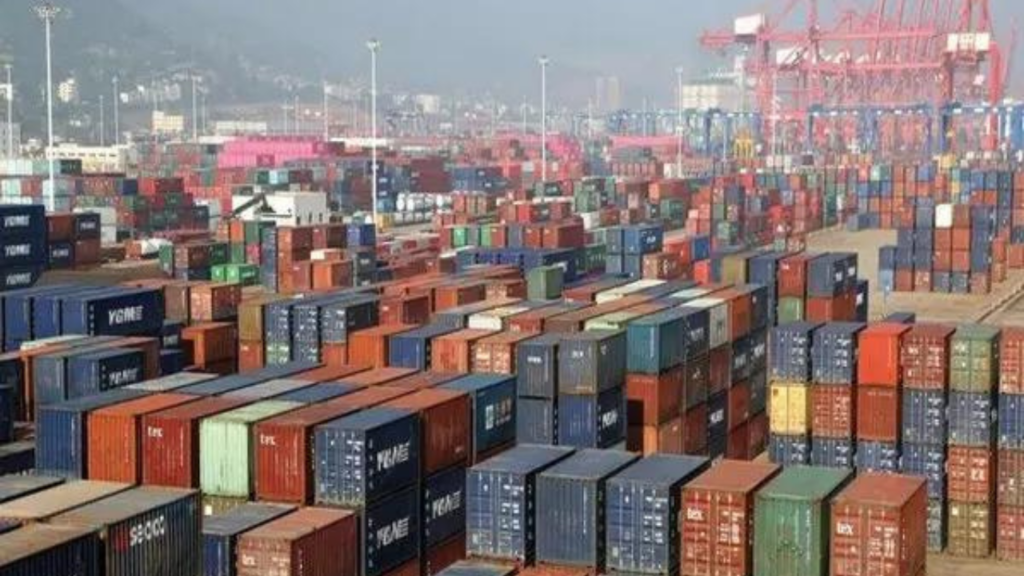NEW DELHI: While the direct trade between India and Pakistan is miniscule, Indian goods worth $10 billion reach the western neighbour annually through indirect channels, according to estimates by the Global Trade Research Initiative (GTRI).
To get around trade restrictions, goods are routed through ports in Dubai, Singapore and Colombo. Explaining the route that the trade takes, GTRI said Indian firms send goods to these ports, where an independent firm offloads and keeps those in bonded warehouses. At bonded warehouses, goods can be stored without paying duties while in transit.
In warehouses, labels and documents are modified to show a different country of origin. For example: India-made goods may be relabelled as ‘Made in UAE’. After modifications, they are shipped to countries like Pakistan, where direct trade with India is not allowed.
This method helps firms bypass India-Pakistan trade restrictions and sell at higher prices by using the third country route. They also avoid scrutiny since the trade appears to come from other countries.
Higher prices cover storage, paperwork and access to a closed market. While this transshipment model is not always illegal, it sits in a grey zone.
“It shows how businesses find creative ways to keep trade going — often faster than governments can react,” GTRI said.
Last week, Pakistan suspended all trade with India after New Delhi had announced scaling down of diplomatic relations with Islamabad and suspension of the Indus Water Treaty.
This is the second shock to trade between the two countries and will bring down to zero whatever remains of it since 2019. Direct trade between the two countries came down sharply after India had withdrawn the most favoured nation (MFN) status from Pakistan and imposed 200% duties on imports after the Pulwama attack of February 2019. In August 2019, India scrapped Article 370 that was applicable to Jammu and Kashmir, following which Pakistan announced suspension of all trade with India.
Now, limited exports, primarily pharma and chemicals, take place from India to Pakistan. India used to import fruits and nuts, leather, textiles and some surgical goods from Pakistan. The products remain the same, but volumes have gone down sharply.
Prior to Pulwama and the scrapping of Article 370, India’s exports to Pakistan in 2018-19 stood at $2.06 billion. In 2019-20, it fell to $816 million. Imports from Pakistan fell from $494.8 million in 2018-19 to $13.97 million.
In 2024-25, India’s exports to Pakistan stood at $47.6 million, down from $1.1 billion in 2023-24. Imports from Pakistan in 2024-25 stood at $0.42 million.
Source: The Financial Express

 Insurance Amendment Bill Likely To Be Introduced In Monsoon Session
Insurance Amendment Bill Likely To Be Introduced In Monsoon Session 